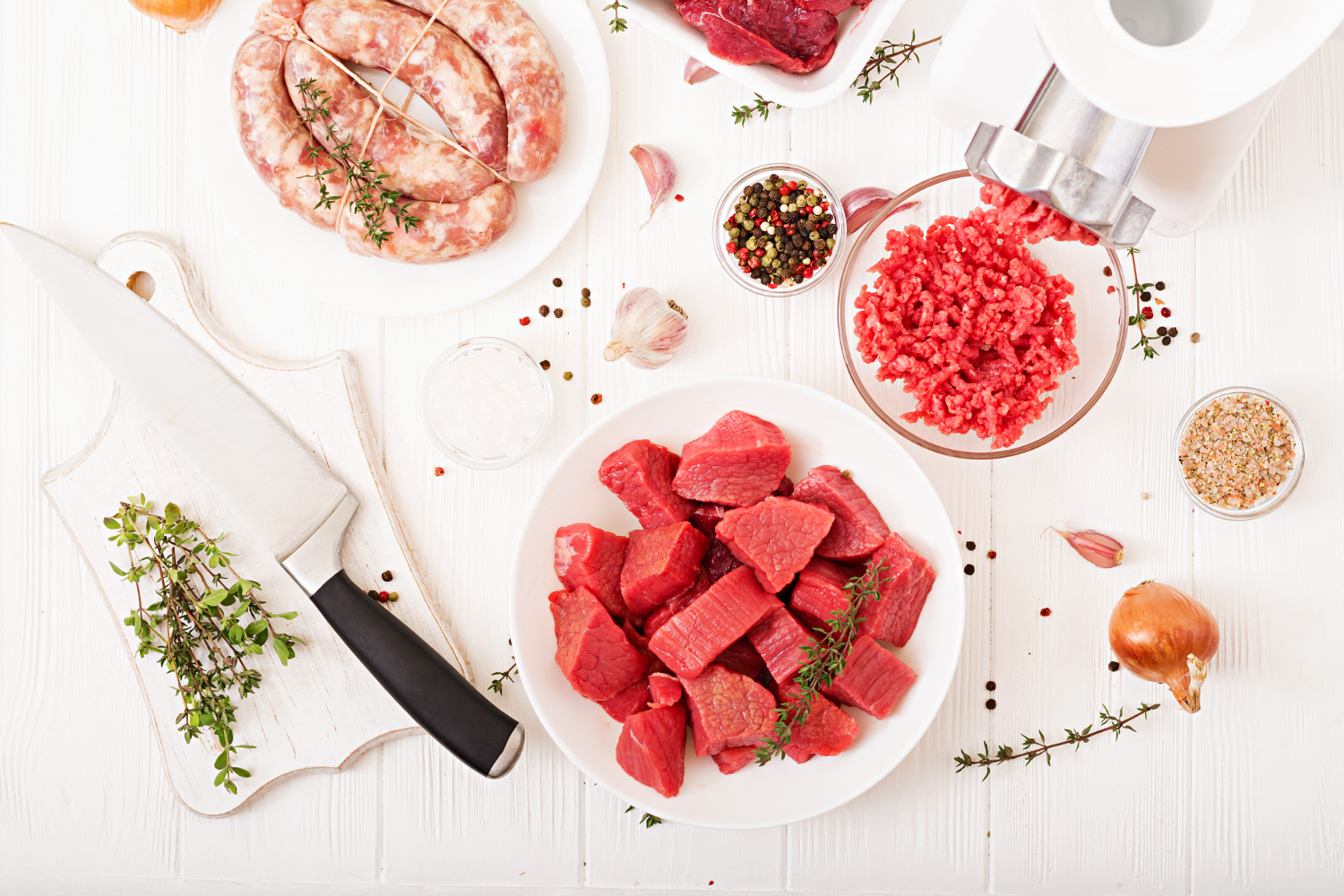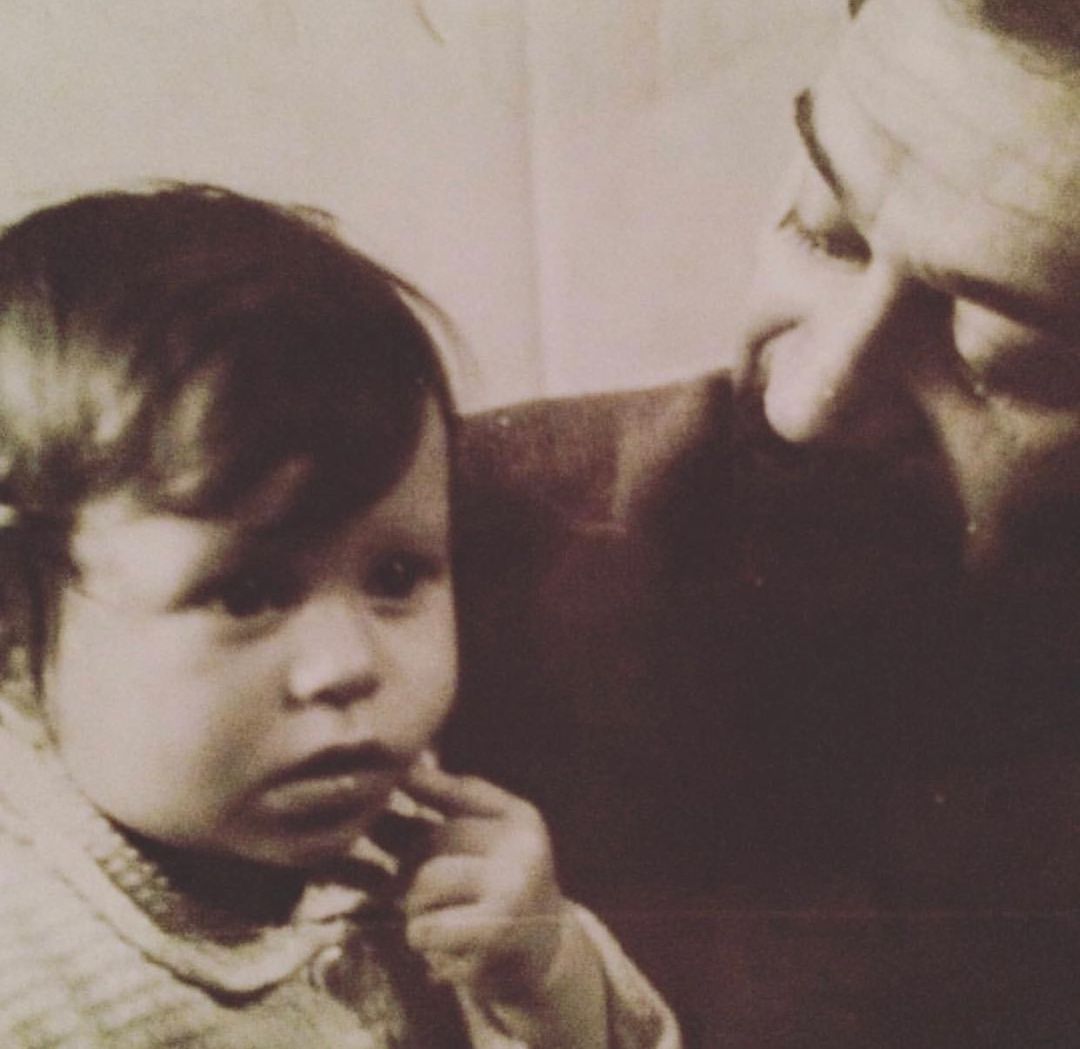Iron is an essential mineral that your body uses to support growth and development, help produce red blood cells, boost immune function, and more. When our bodies are low on iron, several things can happen. This includes decreased red blood cell production. When we have fewer red blood cells, the body cannot get oxygen to all the places where oxygen is needed. The question arises, what are the symptoms of a lack of iron in the body?
ContentWhat is the best way to get iron? What are the symptoms of a lack of iron in the body? What should you do if you notice these symptoms?
Although iron deficiency is one of the most common deficiencies in the world, Daniel Landau, MD, says many people don't realize that low iron levels can cause a number of health problems. But WomanEL will help you learn to recognize it.
What is the best way to get iron?
 Iron is found in foods such as red meat, but there are also plant sources, Source: freepik.com
Iron is found in foods such as red meat, but there are also plant sources, Source: freepik.com
Since the body cannot produce iron, it is important to get enough iron in your diet. “There are two types of iron in foods: heme and non-heme iron,” explains the American Red Cross (ARC). “Heme iron is found in red meat, poultry and pork and is most easily absorbed by the body. Non-heme iron is not easily absorbed by the body. But they are still a good source of iron and are irreplaceable if you do not eat meat. Foods high in this type of iron include greens, iron-fortified breakfast cereals, bread and pasta, tofu, beans, dried fruit and eggs,” they note.
The best way to tell if you're not getting enough iron is to ask your doctor for a blood test to check your overall levels.
What are the symptoms of a lack of iron in the body
- Fatigue.
- You have heavy menstrual bleeding.
- You notice strange cravings to things that are not food: ice, dirt, etc.
- You are experiencing neurological or cognitive symptoms. Headaches, difficulty concentrating, and dizziness may occur.
- You notice changes in your skin, nails and hair. This can lead to a pale complexion and even brittle nails.
- You have a fast or irregular heartbeat.
- You hear a whistling sound in your ears.
- During exercise you notice shortness of breath or chest pain.
What to do if you notice these symptoms?
If you think you're not getting enough iron, track your symptoms and share your concerns with your doctor. Experts may recommend increasing your dietary iron intake or taking an iron supplement, but as nutritionist Emily Van Eck notes, “it's also important to treat any underlying condition that was causing your low iron levels in the first place.”
We've already said that Anemia can be recognized by the nails. But here's what else your nails tell you about your health.







